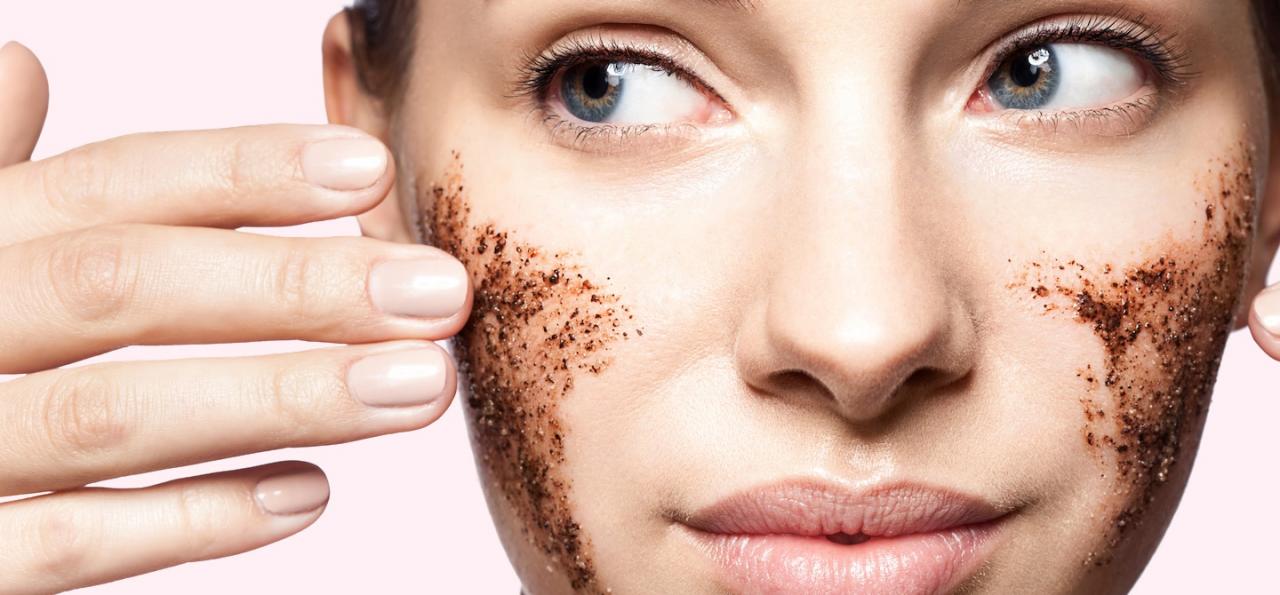In the quest for smooth, radiant skin, exfoliation is a key step that should not be overlooked. Proper exfoliation helps to remove dead skin cells, unclog pores, and reveal a fresh complexion underneath. However, it is important to approach exfoliation with care and caution to avoid damaging your skin. In this article, we will delve into the art of exfoliation, exploring the different methods and techniques to help you achieve smooth and glowing skin.

Preparation and Selection of Exfoliating Products
To properly exfoliate your skin, it is essential to carefully select the right exfoliating products and prepare your skin beforehand. When choosing exfoliating products, consider your skin type and sensitivity to avoid any irritation or damage. Look for gentle exfoliants such as sugar scrubs, enzyme peels, or exfoliating masks that are suitable for your skin type.
Before exfoliating, it is important to prepare your skin by cleansing it thoroughly with a gentle cleanser to remove any dirt, oil, and impurities. This will help the exfoliating product penetrate better and provide more effective results. Remember to always pat your skin dry with a clean towel before applying any exfoliants.
When exfoliating, be gentle and avoid scrubbing too harshly, as this can cause irritation and redness. Use circular motions to apply the exfoliating product to your skin, focusing on areas that tend to be more prone to dryness or roughness, such as the elbows, knees, and heels. Rinse off the exfoliant with lukewarm water and follow up with a hydrating moisturizer to lock in moisture and soothe the skin. With proper , you can achieve smooth, glowing skin effortlessly.
Techniques for Gentle and Effective Exfoliation
When it comes to exfoliating your skin, it is important to use techniques that are gentle yet effective. By properly exfoliating your skin, you can remove dead skin cells, unclog pores, and reveal smoother, brighter skin.
One gentle and effective exfoliation technique is using a soft-bristled brush to gently buff away dead skin cells. This method is especially great for those with sensitive skin, as it is less abrasive than some other exfoliation techniques.
Another great exfoliation technique is chemical exfoliation using products containing ingredients such as glycolic acid or salicylic acid. These ingredients work to dissolve dead skin cells and unclog pores, leaving your skin looking fresh and rejuvenated.
Remember, it is important to exfoliate your skin no more than 1-2 times per week to avoid irritation or over-exfoliation. By incorporating gentle and effective exfoliation techniques into your skincare routine, you can achieve a healthy, glowing complexion.
Frequency and Timing of Exfoliation
It is important to understand the in order to properly care for your skin. Over-exfoliating can lead to irritation and sensitivity, while under-exfoliating can result in dull, congested skin. Finding the right balance is key to achieving a healthy glow.
Frequency:
- Normal to oily skin types can typically exfoliate 2-3 times per week.
- Dry or sensitive skin types may only need to exfoliate 1-2 times per week.
- Adjust your exfoliation routine based on how your skin responds.
Timing:
- Exfoliate in the evening to remove dead skin cells and allow your skin to regenerate overnight.
- Follow with a hydrating serum or moisturizer to lock in moisture and nourish the skin.
- Avoid exfoliating before sun exposure, as it can increase the risk of sun damage.
Post-Exfoliation Skincare Tips
After exfoliating your skin, it’s important to follow up with the right skincare routine to ensure your skin stays healthy and glowing. Here are some to keep in mind:
- Hydrate: Use a hydrating serum or moisturizer to replenish moisture in your skin after exfoliation.
- Sun protection: Always apply sunscreen to protect your skin from UV damage, especially after exfoliating.
- Avoid harsh products: Steer clear of products with harsh ingredients like alcohol or fragrance that could irritate your skin post-exfoliation.
Additionally, consider incorporating a soothing mask or sheet mask into your routine to calm and nourish your skin after exfoliation. Remember, the key is to be gentle with your skin and listen to its needs.
As you now know, exfoliating your skin properly is key to maintaining a healthy and radiant complexion. By following the tips and techniques outlined in this article, you can effectively remove dead skin cells, improve skin texture, and reveal a smoother, brighter complexion. Remember, consistency is key when it comes to exfoliation – so make it a regular part of your skincare routine to achieve the best results. Here’s to glowing skin!

